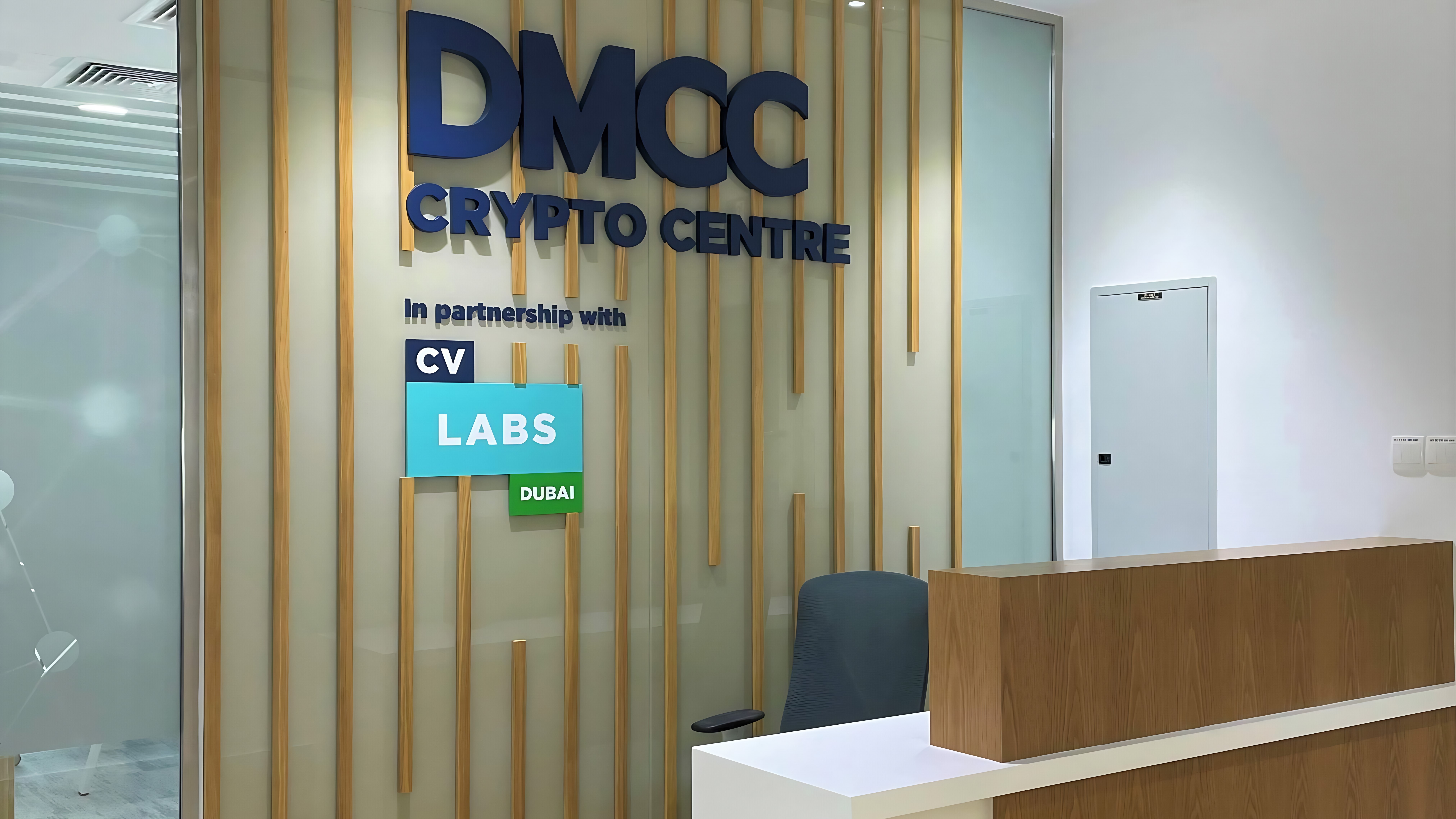DUBAI — The GCC region is poised to become a leading force in the global crypto landscape, driven by three key factors: competitive energy rates, crypto-friendly regulations, and access to crucial infrastructure components such as rigs, free zones, and government support, said Ritu Singh, Regional Director of Stone X Group Inc.
“Oman is emerging as a standout in the regional crypto mining landscape, highlighted by its support of Exahertz, an Omani mining company. A significant investment of $1.1 billion is set to deploy over 800 megawatts, boosting Oman’s role in the Bitcoin mining sector,” she added, amid predictions for Bitcoin to reach the $100,000 mark.
On one hand, abundant and cost-effective energy sources enhance the region’s potential, especially in countries like the UAE, Oman, and Saudi Arabia. The availability of cheaper energy can significantly increase the benefits from the Bitcoin halving event.
Lower operational costs improve the competitiveness of Bitcoin mining operations, increasing profitability. The UAE already has a combined Bitcoin mining capacity of about 400 megawatts, accounting for 4 percent of the global hash rate.
Besides competitive energy rates, the development of regulatory frameworks in the region lays the groundwork for the launch and trading of regional crypto exchange-traded funds (ETFs), following the example set by the SEC’s approval in the US.
Particularly, Oman and Abu Dhabi are well-positioned to grow in the Bitcoin mining sector from a hardware perspective, as they recently acquired a stake in Crusoe Energy Systems, a US company that uses stranded natural gas for crypto mining to reduce gas flaring by fossil fuel producers.
This partnership aims to deploy power generators and mining equipment to capture gas at well sites, contributing to environmental sustainability and encouraging digital currency development.
Eager to diversify their economies, GCC countries were among the first to embrace the crypto wave, demonstrating their strong belief in a new digital age. They have heavily invested in developing and enhancing crucial infrastructure components like rigs and free zones, while providing significant government support to the crypto ecosystem, with a growing interest in Bitcoin (BTC).
Despite its volatility, Bitcoin (BTC) remains an attractive cryptocurrency in the region. According to Forbes, Bitcoin’s value soared from less than $500 in 2013 to over $64,000 by 2021, then dipped below $17,000 in 2022, only to surpass the $69,000 mark on March 6, 2024.
Between January 2014 and January 2024, Bitcoin experienced a price increase of approximately 5,150 percent and an annualized return of over 135 percent. If Bitcoin continues on its past trajectory, it could reach $100,000 by February 2025.
While the future of the crypto market remains uncertain, traders view such currencies as a gateway to the future of finance.








